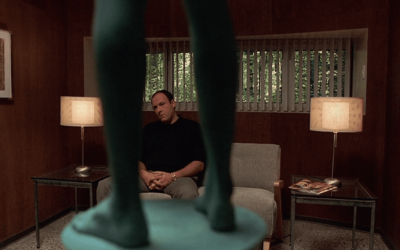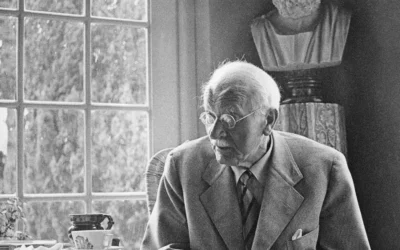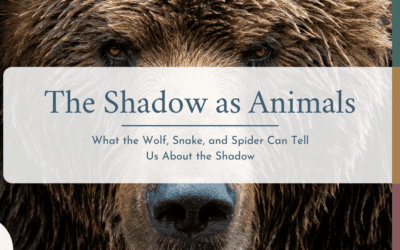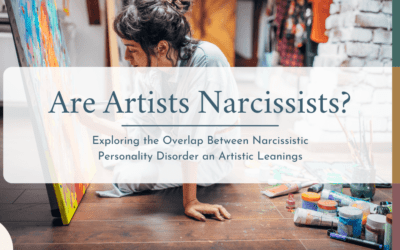The Creative Process and Psychological Insights of Singer-Songwriter Jefrey Siler
In a recent episode of our psychotherapy podcast, we had the pleasure of diving deep into the mind and music of talented singer-songwriter Jefrey Siler. Known for his introspective lyrics and honest approach, Siler shared valuable insights into his creative process and the psychological underpinnings that shape his art.
The Power of Vulnerability and Authenticity
A central theme that emerged from our conversation was the importance of vulnerability and authenticity in songwriting. As Siler explained, “The more honest and vulnerable you are, the brighter your light shines. But it can also make you feel incredibly insecure because you’re constantly questioning yourself, wondering, ‘Is this my authentic voice?'”
This willingness to confront uncomfortable truths and bare one’s soul is a hallmark of powerful, resonant art. It aligns with Brené Brown’s groundbreaking research on vulnerability, which she defines as “uncertainty, risk, and emotional exposure” [1]. By embracing vulnerability, artists like Siler create space for genuine connection and transformation.
However, as Siler notes, this level of emotional honesty can be daunting: “It’s a scary thing to put yourself out there like that, to risk being judged or misunderstood.” Psychologist Carl Rogers coined the term “unconditional positive regard” to describe the accepting, non-judgmental stance that facilitates personal growth [2]. For artists, cultivating this caring curiosity toward oneself is key to navigating the vulnerability of the creative process.
Songwriting as Emotional Exploration
Siler’s latest album “Jefininetly” beautifully showcases his commitment to probing deep psychological truths. Tracks like “Heart Decides” and “Let Somebody In” grapple with the complexities of relationships, intimacy, and self-sabotage. As Siler shared, “I’m trying to draw from the stuff that happens in real life, the things that we all struggle with but maybe don’t always have the words for.”
This approach mirrors the practice of psychotherapy, which aims to help individuals make sense of their experiences and emotions. Psychologist Dan McAdams has written extensively about the role of narrative identity in personality development, arguing that we construct stories to give meaning to our lives [3]. Similarly, songs can serve as potent vehicles for exploring and integrating different aspects of the self.
Siler’s songwriting process also highlights the power of specificity in emotional expression. He shared a story of regretting not using the word “stupid” in place of “foolish” in a lyric, noting that “‘Stupid’ lands with more of a thud, it has more impact.” This attention to connotation and precision is crucial in both art and therapy, as it allows for a more accurate and evocative articulation of inner states.
The Role of Therapy in Creative Development
Throughout our conversation, Siler emphasized the profound influence that therapy has had on his growth as both a person and an artist. “When you go to therapy, you don’t necessarily come out feeling happy,” he reflected. “But you do come out with a clearer mind and more realistic expectations about life.”
This aligns with research on the benefits of psychotherapy, which has been shown to improve emotional regulation, self-understanding, and interpersonal functioning [4]. For artists, therapy can be a vital tool for separating one’s authentic creative voice from the neurotic impulses that arise when we’re overly focused on others’ perceptions.
Siler also highlighted several cutting-edge therapeutic techniques that have been particularly helpful in his own journey, including brainspotting and emotional transformation therapy. Brainspotting is a relatively new approach that uses eye positioning to access and process unresolved trauma and emotional distress [5]. Emotional transformation therapy, developed by psychologist Steven Vazquez, combines light, sound, and eye movement to facilitate deep psychological healing [6].
While these modalities are still being researched and refined, they represent exciting frontiers in the field of psychotherapy. For artists seeking to unlock new levels of creative potential and self-understanding, exploring innovative approaches like these can be a powerful complement to more traditional talk therapy.
Embracing the Unknown
Ultimately, what stands out most from our conversation with Jefrey Siler is his courageous willingness to engage with uncertainty, both in his music and in his personal development. As he wisely noted, “I think the key is to stay willing to engage with the parts of ourselves that we maybe don’t fully understand or feel comfortable with. To keep asking questions, keep exploring, keep pushing beyond our perceived limitations.”
This spirit of open-ended inquiry lies at the heart of both the creative and therapeutic processes. It requires a willingness to sit with discomfort, to tolerate ambiguity, and to trust in the wisdom of the unfolding journey. By embracing the unknown within and without, we open ourselves up to new possibilities for growth, connection, and transformation.
Siler’s music is a shining example of what becomes possible when we approach our art and our lives with this kind of brave vulnerability. “Jefininetly” is more than just a collection of well-crafted songs; it’s a psychological roadmap, a compassionate companion for anyone navigating the twists and turns of the human experience. It reminds us that we are not alone in our struggles, and that there is profound beauty to be found in the imperfect, unfinished nature of the self.
The Psychology of Music
Our deep dive into the psychology of songwriting with Jefrey Siler offers a powerful case study in the intersection of creativity and personal growth. By embracing vulnerability, specificity, and a spirit of courageous exploration, Siler has crafted music that not only entertains but transforms, inviting listeners into a shared space of emotional truth-telling and self-discovery.
For anyone seeking to deepen their own creative practice or gain new insights into the workings of the mind, Siler’s approach is well worth studying. Whether through therapy, innovative healing modalities, or simply a commitment to staying curious and open, the rewards of psychological exploration are vast and varied.
As Siler so eloquently put it, “When you have nothing to hide, when you’re not trying to present some idealized version of yourself, you can just say what you want to say. You can fly your freak flag and trust that the right people will be drawn to your message.” May we all find the courage to do just that – to embrace our authentic selves, to speak our truths, and to let our lights shine brightly for all to see.
Be sure to give “Jefininetly” a listen on Bandcamp or your preferred streaming platform. And for more insights into the creative process and the human psyche, tune into the Get Therapy Podcast.
References
- Brown, B. (2012). Daring greatly: How the courage to be vulnerable transforms the way we live, love, parent, and lead. Gotham Books.
- Rogers, C. R. (1951). Client-centered therapy: Its current practice, implications, and theory. Houghton Mifflin.
- McAdams, D. P. (2001). The psychology of life stories. Review of General Psychology, 5(2), 100-122.
- Lambert, M. J., & Barley, D. E. (2001). Research summary on the therapeutic relationship and psychotherapy outcome. Psychotherapy: Theory, Research, Practice, Training, 38(4), 357-361.
- Grand, D. (2013). Brainspotting: The revolutionary new therapy for rapid and effective change. Sounds True.
- Vazquez, S. R. (2014). Emotional transformation therapy: An interactive ecological psychotherapy. Rowman & Littlefield.
https://jefreysiler.bandcamp.com
Jefrey’s Webste:

















0 Comments